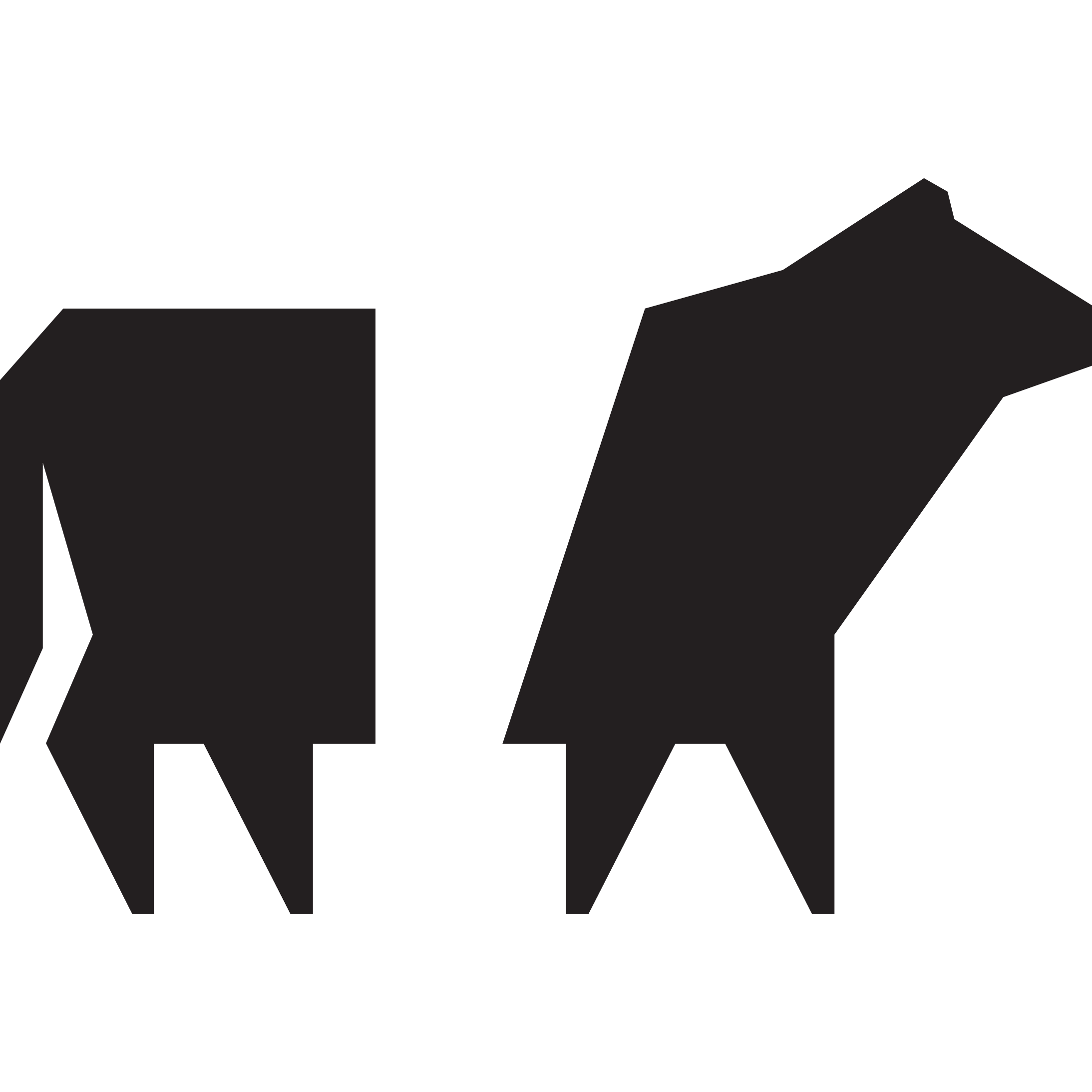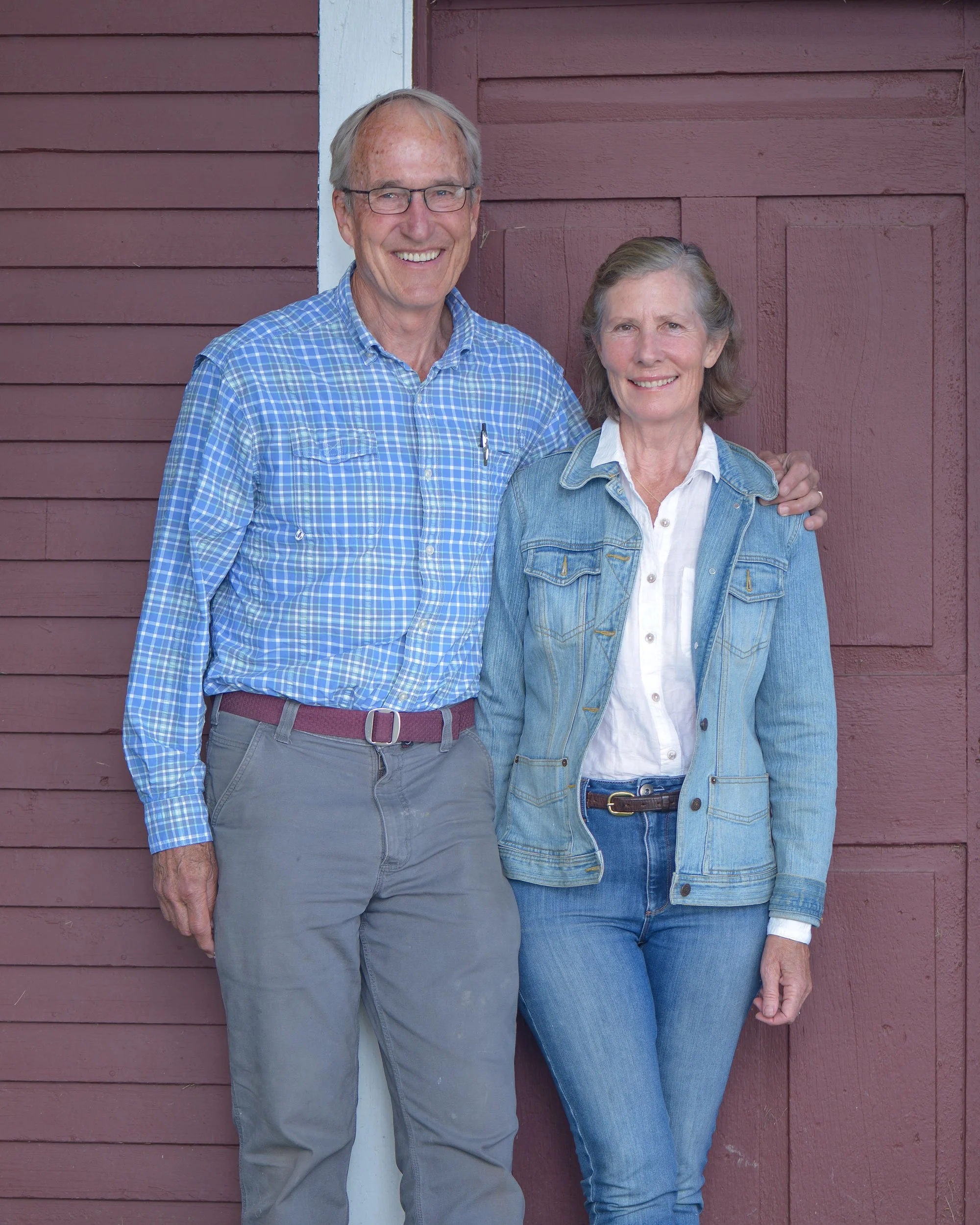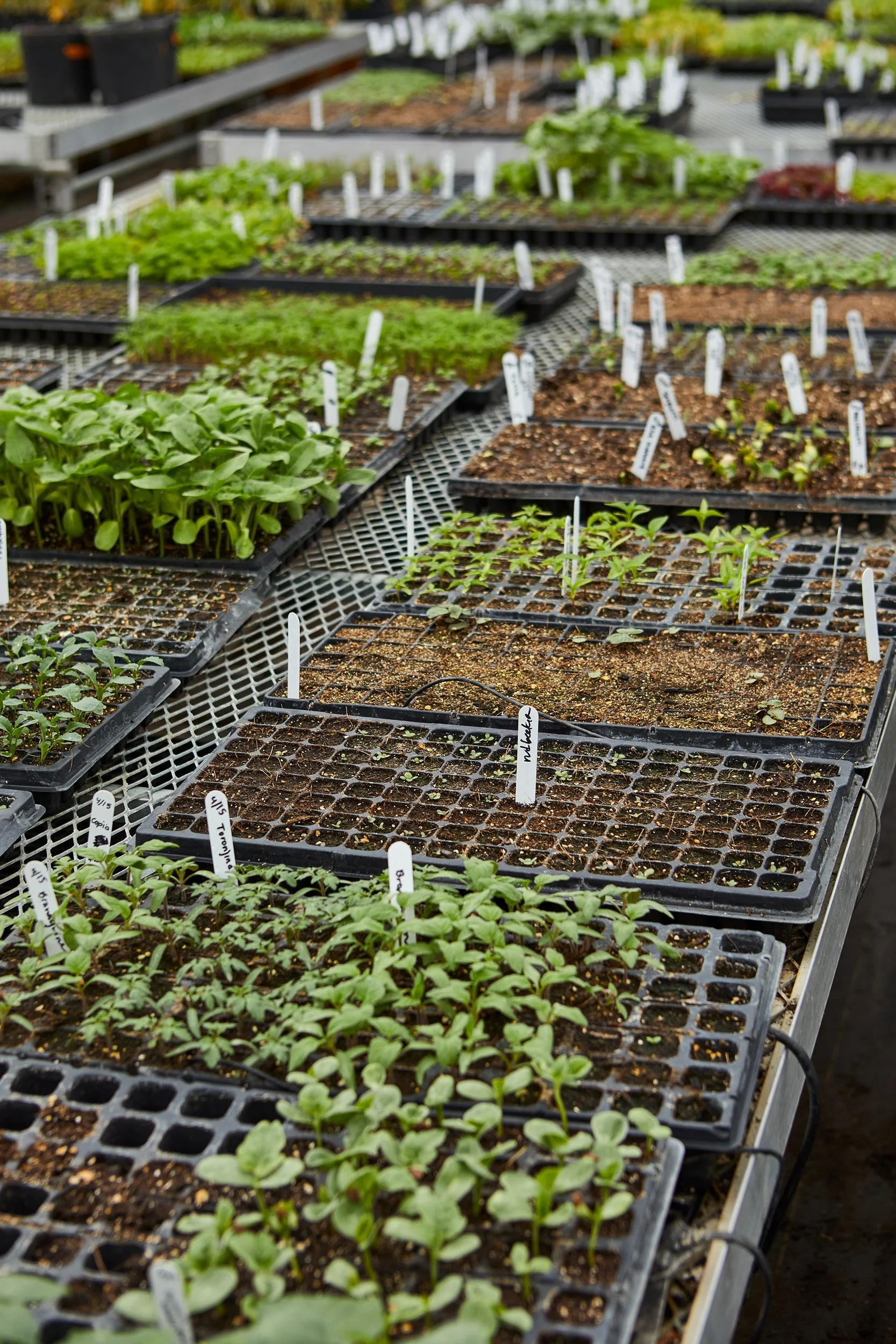Farm News
Working closely with a cohort of 15 farms located in diverse regions across Vermont, the study’s goal is to provide the first rigorous state-wide analysis of the environmental, economic, and social impacts of regenerative farming. Participating farms are adopting soil health management practices including management-intensive rotational grazing (MIRG), supplemental seeding, and pasture nutrient amendment.
Over the years, we’ve become more adept at conducting research, learning how to coordinate our resources and collaborating with knowledgeable partners to establish best practices, get access to valuable tools, and standardize measurement taking to obtain more consistent, shareable results.
This summer workshop will give farmers an insight into ruminant pest and parasite management on their pastures and farms.
It was a busy winter at Philo Ridge Farm, where our team has been working to keep the farm flourishing. From tending to crops and planting gardens to caring for our animals and making several infrastructure improvements, we are keeping our working lands working
When we started Philo Ridge Farm in 2012, our goal was to establish a thriving organic regenerative farm. After a transformative and deeply rewarding decade, we now want to ensure that Philo Ridge Farm will be a multigenerational community asset. To do this, we are organizing as a nonprofit which will allow Philo Ridge Farm to expand its focus to new research opportunities that will continue to support the future of food and agriculture in Vermont.
Through years of working together and a shared appreciation for hand craftsmanship, Diana and Snapp have developed a close relationship built on mutual admiration. We recently sat down with the two of them to learn more about Snapp’s work and how it fits into and influences the overall vision of the farm.
Last year we seeded almost 300 varieties of fruits, vegetables, flowers, and herbs. Some were direct-seeded, others transplanted, and any that were propagated from cuttings were not even accounted for in that tally. On about 2 acres of cultivated fields, that’s more than 150 varieties per acre, plus the ~60 varieties of perennial flowers, shrubs, and trees that make up the perennial buffer zones in our Ridge Garden.
To showcase the farm’s output for guests year-round, our kitchen and hospitality team have mastered the art of improvisation and collaboration, working in tandem with the other farm teams to make the most of bounty and scarcity in equal measure.
Form follows function, and in the case of our wool, beauty follows function. In much the same way we cherish the opportunity to practice nose-to-tail butchery, we also delight in the chance to fully utilize the pelts and hides of the animals we harvest.
Earlier this summer, gathered around a bed of Speckled Hound and Porcelain Doll pumpkins, Brian chatted with the staff about how the garden is structured, how much the team experiments, and how they collaborate with the kitchen to produce a diverse menu year-round. Keep reading for highlights from the conversation.
Cows turn grass into meat. Anyone who has tried to form a burger out of lawn clippings knows this is no small feat. But cows do it with such seeming ease and nonchalance that it’s easy to pass it by without recognizing what it is: alchemy.
When we were approached by Audubon Vermont to join their Bird and Bee Friendly Farming initiative, we gained a deeper understanding of how important the wetlands are for native bird species, and how helping birds creates a host of other land and climate benefits.
Early summer is a truly special time in the Champlain Valley– the long days, the warm nights, and the lushness of green grass still wet after a rainfall. It is also when we begin to get a taste of the summer produce to come.
The Farm Box is a way for us to share distinct moments of the season as it unfolds. With partnership from our butcher, kitchen, and garden teams, we provide a rotating selection of veggies, meat, house-made sauces, and other creations representing a small part of all the work that is happening throughout the farm.
With the recent warm days and rain, there is no mistaking that May has arrived here on the farm. Our seedling sale returns this year with certified organic starts for your garden. You can preorder your seedlings online and they will be available for pickup at the Market on Saturday, May 14 from 11am-4pm.
Today, Romney and Border Leicester genetics comprise our sheep flock. We chose these breeds with intention, knowing what our goals were: we wanted a resilient sheep flock that would thrive on a low-input, grass-based system. We wanted a flock that could produce useful and beautiful wool as well as tender and flavorful meat.
To think of compost as a sort of probiotic in the soil may be kind of odd, but it portrays the activity and significance of that material we often think of as inert. One inch of dark-chocolate-colored compost on top of our veggie beds helps us in so many ways, both now and in the future.
We test and validate regenerative agricultural practices for a few reasons. The first is to enhance research and data collection to support the quantitative assessment of these practices and establish collaborations with the surrounding farming and scientific community.
We now head inside as the weather turns colder and the Winter Dinner Series begins on November 5th in the Great Room in the Farm Commons Barn.
Our Butcher department helps to bridge the gap between field to fork. We cut and break down our 100% grass-fed beef and lamb, pastured pork, and certified organic pastured chickens for use in our restaurant kitchen or for retail in our Market.




















